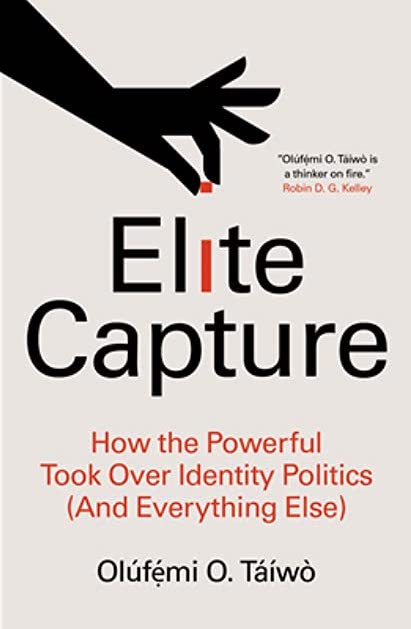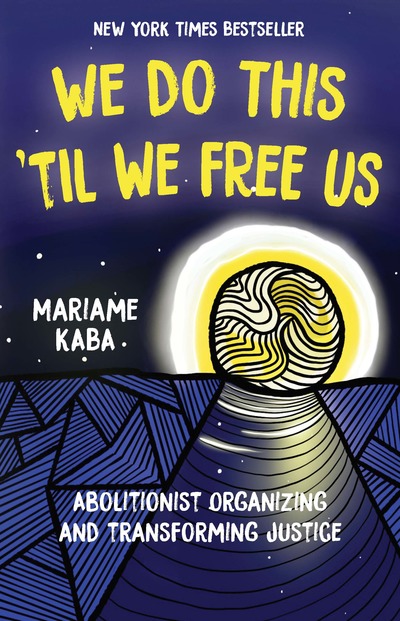The discourse surrounding identity politics has become fraught with misunderstanding and co-optation by forces across the political spectrum. What was once a radical discourse initiated by the queer, Black, and Indigenous feminists of the Combahee River Collective has become a movement defined by incapacity, stigmatization, and misinterpretation. Olúfẹ́mi O. Táíwò sets out to clarify the nature of the identity politics movement and its relationship to the powerful institutions and individuals which have misappropriated the original radicalism of this idea to serve their own political gains. Through a materialist and narrative approach to identity politics and social critique, Táíwò argues that the problem is not with identity politics as such, but a specific power called “elite capture,” which stifles the potential latent in identity politics and genuine leftist social organizing. He concludes that, rather than deferring responsibility and accepting symbolic gestures of empty representation, we must begin to construct a new politics and a new house altogether.
Keyword: organizing
Review of We Do This ‘Til We Free Us: Abolitionist Organizing and Transforming Justice by Mariame Kaba (Haymarket Books)
What if social transformation and liberation isn’t about waiting for someone else to come along and save us? What if ordinary people have the power to collectively free ourselves? In this timely collection of essays and interviews, Mariame Kaba reflects on the deep work of abolition and transformative political struggle. With chapters on seeking justice beyond the punishment system, transforming how we deal with harm and accountability, and finding hope in collective struggle for abolition, Kaba’s work is deeply rooted in the relentless belief that we can fundamentally change the world. As Kaba writes, “Nothing that we do that is worthwhile is done alone” (172).
Lateral Moves – Across Disciplines
“Lateral Moves – Across Disciplines” is an edited conversation with Randy Martin and three members of the Cultural Studies Praxis Collective (CSPC): Miriam Bartha, Diane Douglas, and Kanta Kochhar-Lindgren. The original conversation took place at the University of Washington’s Simpson Center for the Humanities in 2007. The transcript of the conversation was reworked and revised by the interlocutors and Bruce Burgett, the co-director (along with Kanta Kochhar-Lindgren) of the CSPC. The document as a whole surfaces and addresses a series of questions about interdisciplinarity, cultural studies, and the humanities; about creativity, agency, and advocacy; about different forms of professional, disciplinary, and civic education; and about knowledge, labor, and organizing.

